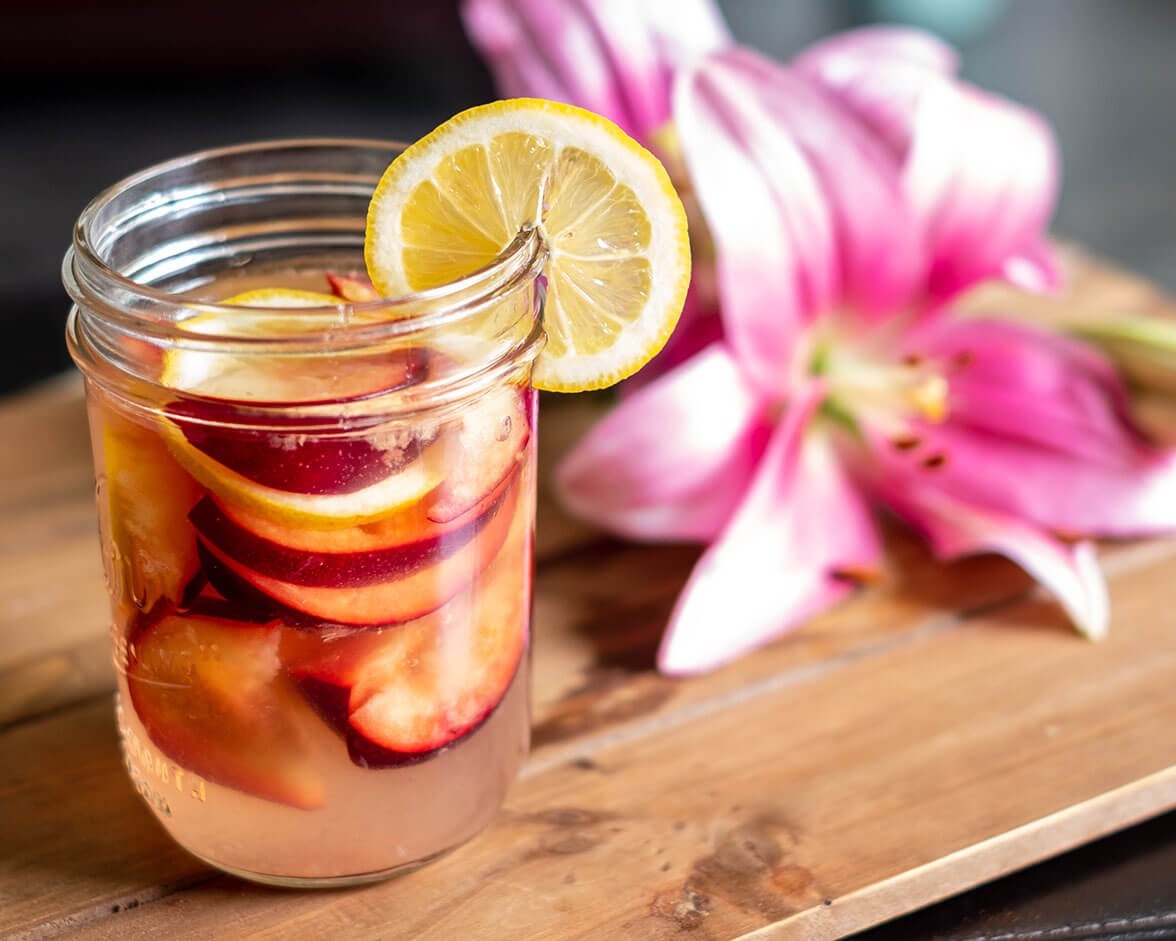
Food is important for nutrition, however, staying hydrated is also essential to our health. Water helps transport nutrients throughout the body and also helps flush out toxins out of our system. There is a wide variety of water to choose from, with certain waters being more expensive or providing some nutrients more than others. Here the most common types of water with their pros and cons.
Tap Water
Water that you can get from the faucet
- Pros: Most tap waters have to meet government guidelines and are generally safe to drink. It is also convenient and almost always free and therefore very inexpensive. It also has less environmental impact than bottled water.
- Con: There is a chance that not all treatments performed aren’t up to par, but you can always purchase a home filtration system for further cleansing as a practical and safe solution. It is also recommended to take more precautions if you have weaker immune systems, pregnant, or are elderly.
Seltzer Water
Water that has been infused with carbon dioxide under high pressure to create the bubbles.
- Pros: For someone who regularly consumes sodas, drinking seltzer water can be a healthier alternative for the beverage of choice. Plain seltzer water is calorie-free, sugar-free, and chemical-free. However, some flavored enhanced seltzers could cause some health concerns.
- Cons: Some seltzer water brands include flavor enhancers such as sodium, natural and artificial acids, sweeteners, and other additives. These could have hidden calories and extra sodium which both can contribute to weight gain. Therefore, it is important to read the ingredients on the labels and spot check for additives.
Mineral Water
Water sourced from springs and enriched with vital minerals such as sulfur, magnesium, and calcium
- Pros: These minerals provide health benefits since your body can’t produce these on their own. It has been known to aid in the digestive system, promoting better immune health.
- Cons: The processing of the bottles at the source and distribution is quite expensive, therefore it cost more than tap water. In addition, many minerals are already obtained from a healthy, varied diet.
Spring Water
Water sourced from where the water flows, either a spring or glacier
- Pros: It is relatively clean and free of toxins, and readily available in stores. The most known brand is Evian.
- Cons: It cost more than tap water due to its sourcing, packaging, and distribution. Some of the lesser-known brands have been known to sell without testing. In addition, it is raw and unfiltered, so it could possibly pose health risks depending on what it contains.
Distilled Water
Water that is boiled and steamed, collected, and condensed back into a liquid
- Pros: It is one of the safest ways to devoid water of any contaminants and bacteria making it a low risk of contamination.
- Cons: Since it has no vitamins and minerals, non-mineralized water tends to pull minerals where they can from your body. Therefore, drinking too much can result in a mineral deficiency in your body as well as teeth.
Purified Water
Tap or groundwater which has been treated to remove harmful substances like bacteria, fungi, and parasites
- Pros: It is very safe to drink.
- Cons: However, you may miss out on some benefits added to tap water like fluoride to help reduce tooth decay. It is also more costly than tap water.
Alkaline Water
Water that goes through a chemical process called electrolysis that results in a higher pH level than normal tap water
- Pros: Alkaline water supposedly neutralizes acid in the body, to help slow the aging process, or even prevent cancer, however, there is very little scientific evidence that it could offer these benefits.
- Cons: It is generally safe to drink, but it could reduce stomach acidity and lower the ability to kill off harmful bacteria that you consume with your food. Drinking in excess could lead to metabolic alkalosis and cause nausea and vomiting.
So as you can see, there are some advantages and disadvantages to the different types of water, therefore, it would be difficult to choose just one kind of water to drink. It all depends on your lifestyle, how much you’re willing to go on price point, how you want to utilize water to supplement your current nutrition, and what risks you are wanting to take with the “safety” of each water.


